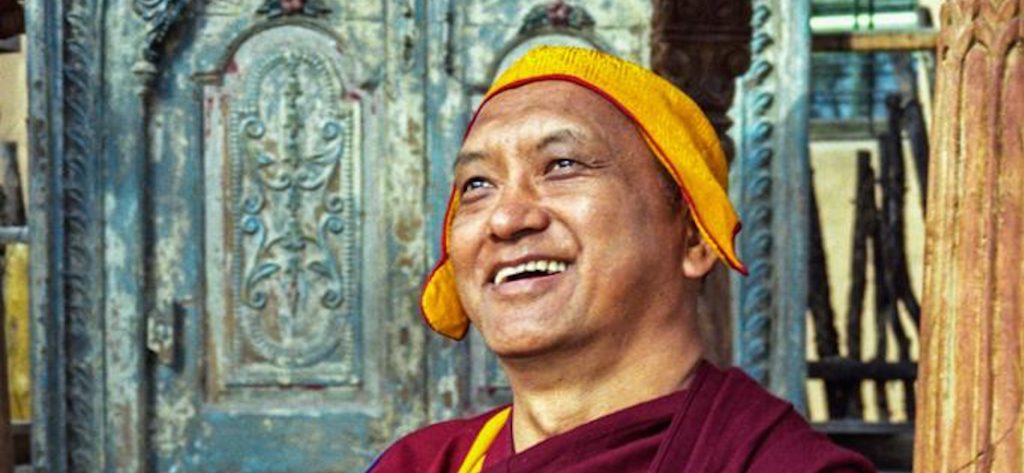How can I practice patience if no one gets angry with me? How will I find the opportunity to develop my mind in patience? The opportunity is completely due to the kindness of this person who is angry at me.
-Lama Zopa Rinpoche
Lama Zopa Rinpoche explains in detail why it is so important to practice patience with those who wish to harm us and with those who are angry with us. These teachings were given by Rinpoche at the Thirty-third Kopan Meditation Course, held at Kopan Monastery, Nepal, in 2000. You can listen along with the transcript on our website.

Podcast: Play in new window | Download